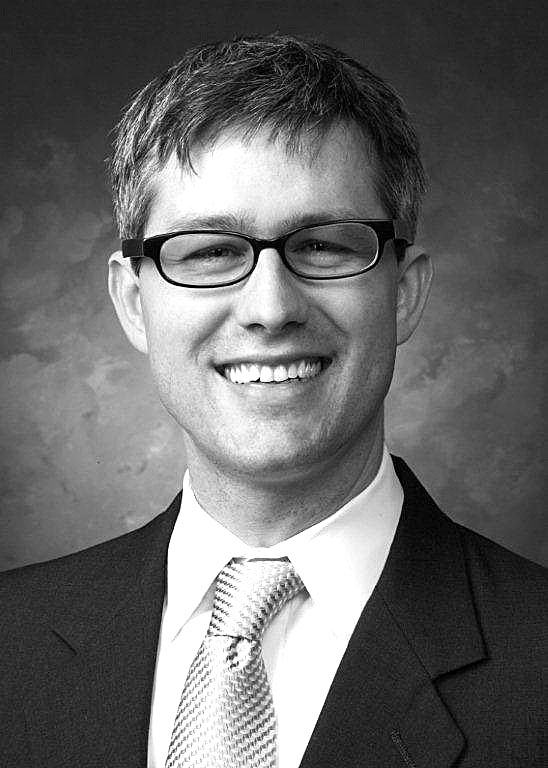As we watch protesters in several countries throughout North Africa and the Arab Peninsula being met with arrests and violent interventions, we are reminded that one of our most fundamental Constitutional guarantees — the First Amendment freedom of speech – plays a critical role in shaping American society. Along with protecting speech, the First Amendment protects against the entanglement of government and religion, provides for freedom of religion, ensures a right of free assembly and association, and guarantees citizens the right to directly petition their government — collectively referred to as the freedom of expression. Significantly, each of these rights is lacking (in varying degrees) in the nations where protests have been raging.
First Amendment freedoms are among the most highly protected legal rights. Even the most loathsome viewpoints may not be silenced by governmental action. For example, it is the First Amendment that recently protected members of the Westboro Baptist Church as they protested soldier funerals. See Snyder v. Phelps, Action No. 09–751 (U.S. March 2, 2011) (holding that the Westboro Baptist Church’s funeral protests are a form of protected speech). Moreover, it is not just “pure speech” that is protected, but anything that expresses thoughts or ideas. A dance, drawing or photograph receives First Amendment protection.
While these freedoms are robust, they are not limitless. Speech that creates a “clear and present danger” of provoking violence or panic may be prohibited. Under this exception, a law may make it illegal to shout “fire” in a crowded theatre or incite violent uprising or physical assault. Additionally, speech maliciously causing injury to the reputation or solitude of another may also be prohibited. In the same regard, speech that imperils legitimate public interests may also be limited, as to its time, place, and manner. Therefore, a law can make it illegal to wear clothes with profane words printed on them in a courthouse, curse on the radio, or shout through a bullhorn at two am.
Some types of speech enjoy more protection than others. Political speech, or speech which comments upon matters of public concern, enjoys the highest protection. Therefore, any law that can reasonably be interpreted as limiting legitimate political discourse will be struck down as improper. On the other end of the spectrum is obscenity, which enjoys no legal protection but can be difficult to legally define. The US Supreme Court has noted that any sexual expression that lacks literary, artistic, political, or scientific value and is intended to serve prurient interest is obscene. What is considered obscene in one community may not be considered obscene in another. Therefore, the easiest way to describe obscenity is to say that you know it when you see it. In the middle of this spectrum is commercial speech, or speech that is economically motivated in support of a proposed commercial interaction. This type of speech, while protected, can be limited and regulated.
Furthermore, one must recall that the First Amendment limits only governmental action. Therefore, there is no First Amendment right to bad mouth your employer in a public setting. In fact, a private employer is not legally constrained from firing an employee for any of his or her political views. Theoretically, a private employer could fire an employee simply because the employer didn’t like the employee’s bumper stickers. Additionally, a speaker engaging in otherwise permitted speech may lose his or her protection if the manner and method of expression is improper. Therefore, a speaker can be arrested for trespassing if he or she pickets or hands out leaflets on private property. Similarly, a political discussion can give rise to criminal charges if it becomes overly heated or threatening.
As has been often said, you don’t have to agree with someone’s views in order to agree with their ability to express them. Robust and public discussion of competing political views is a fundamental part of democracy. It allows our society and citizens to participate in the marketplace of ideas, in order to formulate better solutions to shared problems.
As we look around the world, we see people suffering brutal repression for expressing themselves in ways that we take for granted. At times like this, we should remember and be thankful that one of the central pillars of our interactive and responsive political society is our freedom of speech.
Patrick Kelly is an attorney with Glenn, Feldmann, Darby & Goodlatte – visit www.gfdg.com to learn more.



